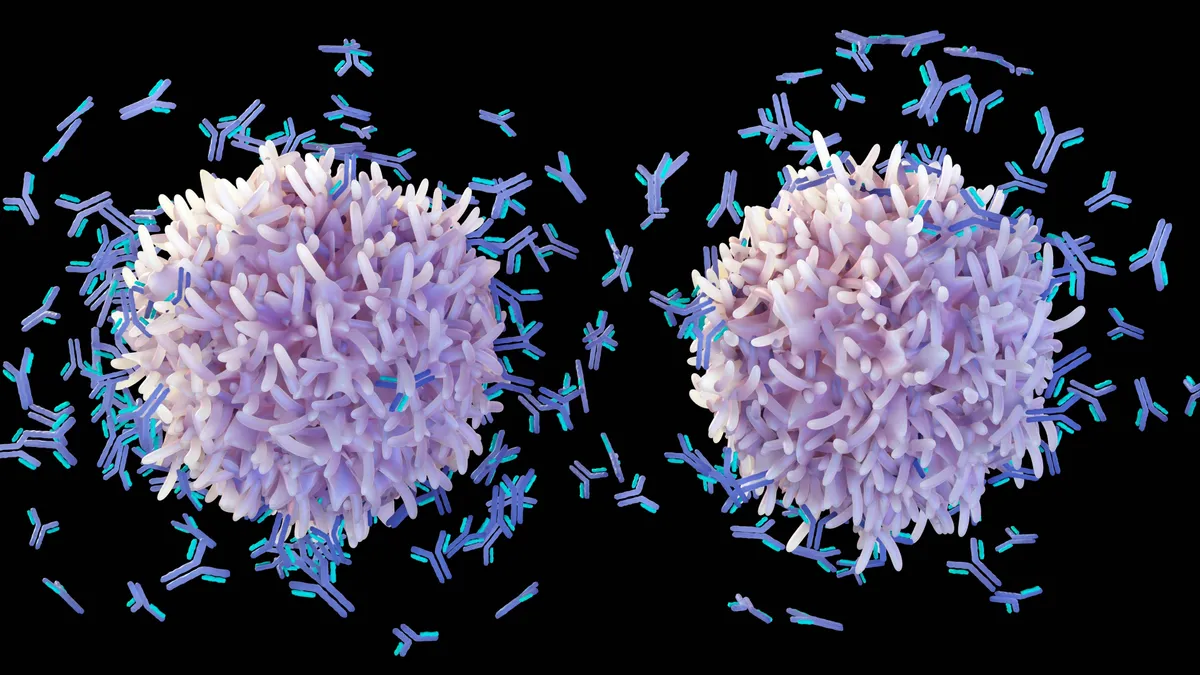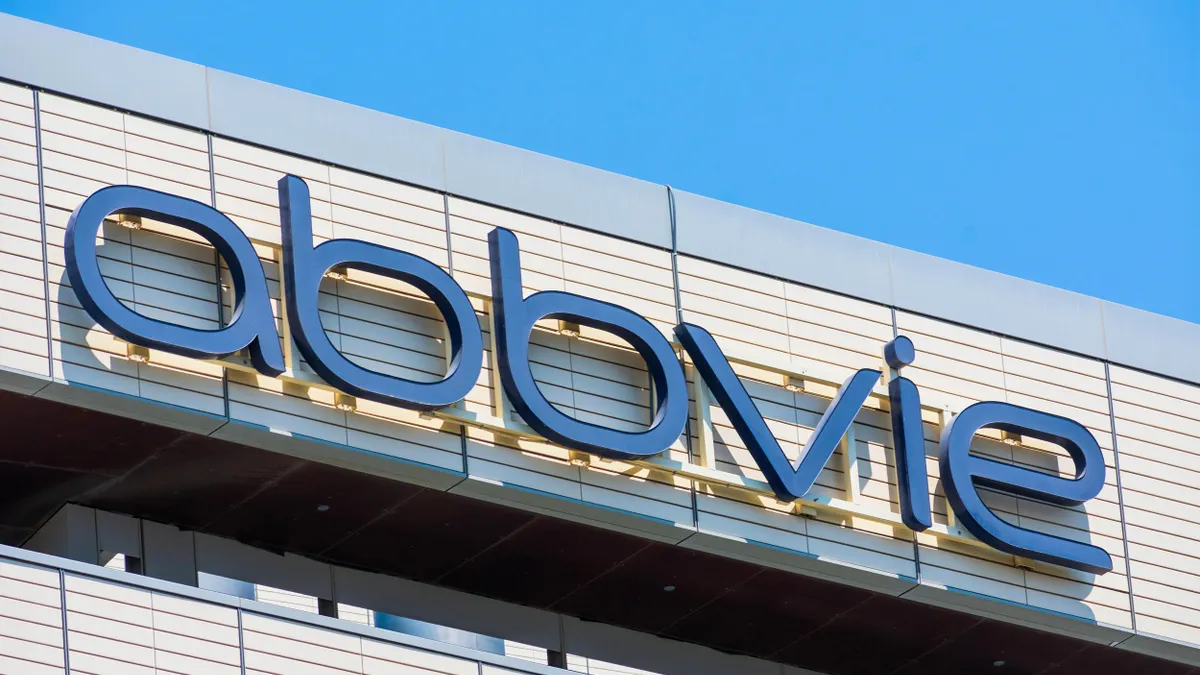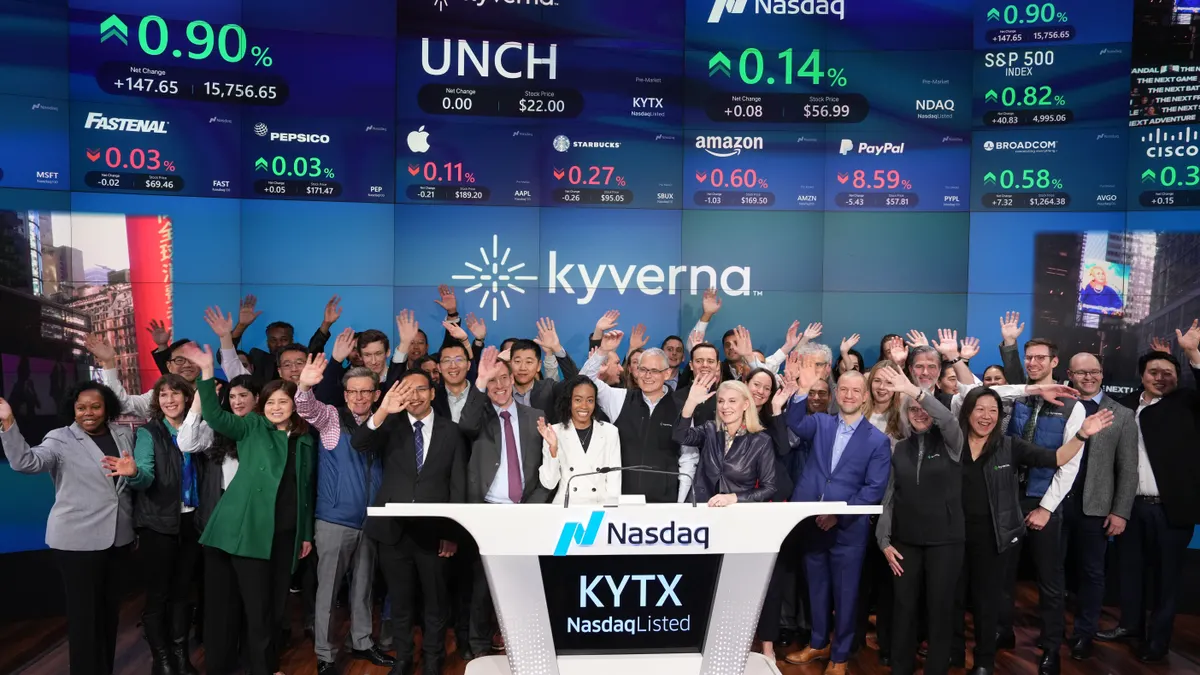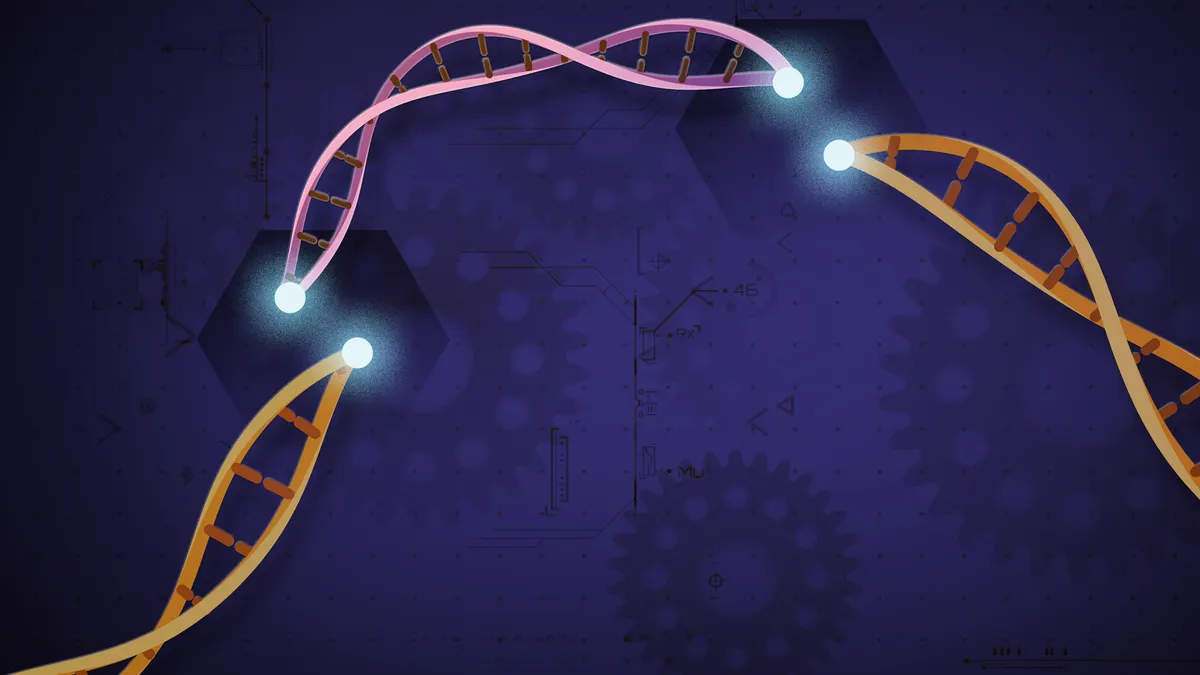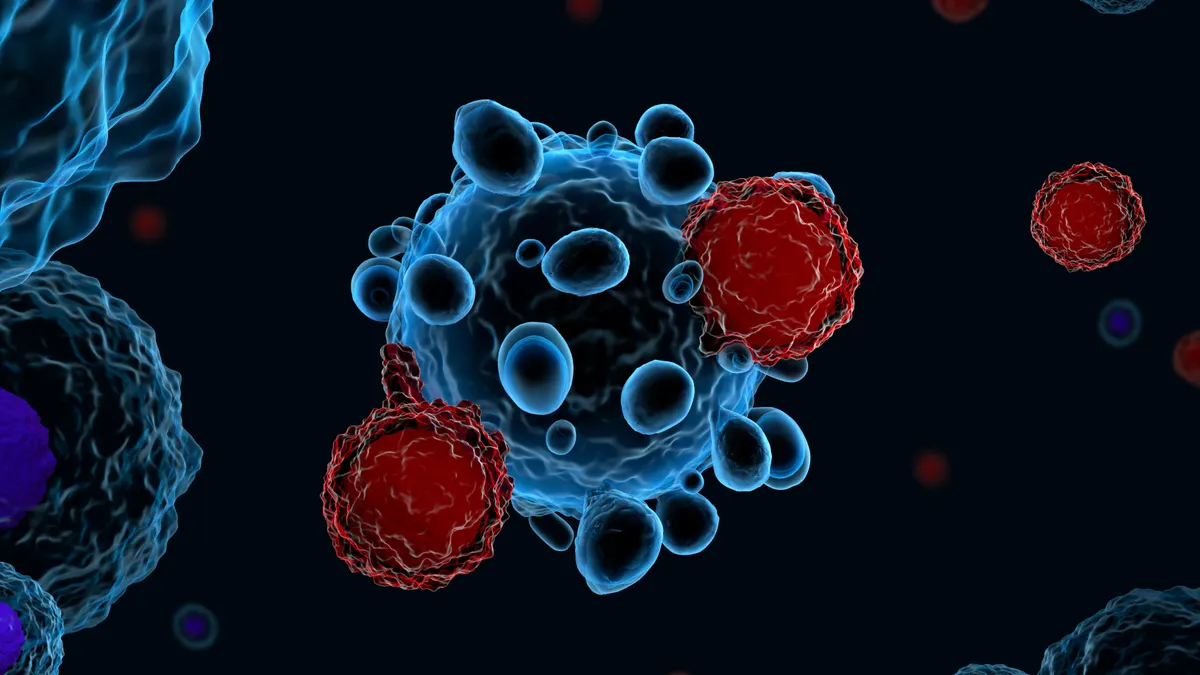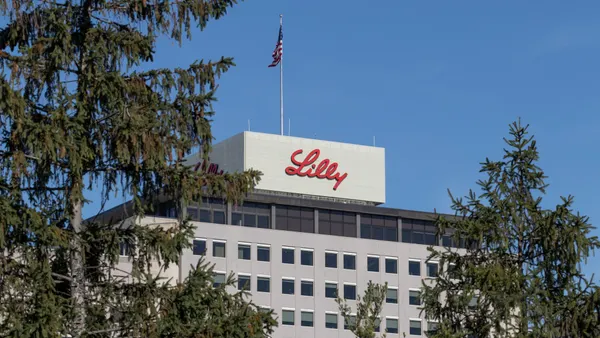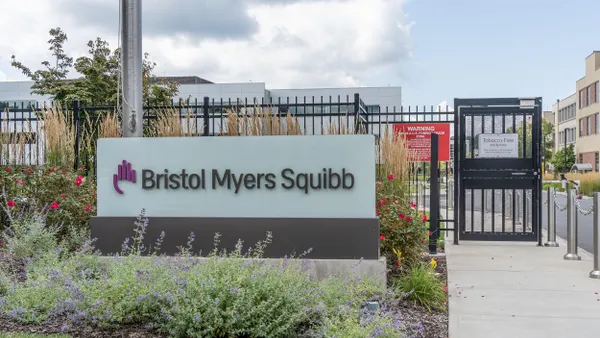Bristol Myers Squibb is joining big pharma’s rush into “in vivo” cell therapies, paying $1.5 billion to acquire Orbital Therapeutics for a technology designed to rewire the immune systems of people with inflammatory conditions.
The deal announced Friday gives Bristol Myers ownership of a company that’s been working on ways to genetically modify immune cells inside the body. Orbital’s lead program, OTX-201, does so by sending into cells “circular” RNA instructions training them to seek out cells with a particular protein flag. OTX-201, which is envisioned as an autoimmune disease treatment, could begin human testing next year.
The acquisition expands Bristol Myers’ presence in cell therapies. The company is already one of the field’s leaders, with multiple marketed medicines for blood cancers. But, like its peers, Bristol views autoimmune disorders as a way to potentially broaden use of the complex treatments.
Bristol Myers has already been working on autoimmune cell therapies that involve “ex vivo” procedures, in which technicians genetically modify patient cells in a lab. But “in vivo” technology could be a more convenient alternative and way to overcome some of the safety hazards — like a chemotherapy conditioning regimen — associated with their more complex counterparts. Those advantages may be particularly helpful in treating autoimmune conditions, which aren’t as deadly as cancer.
Several pharmaceutical companies have already bought into the concept. This year alone, Gilead Sciences, AbbVie and AstraZeneca have all acquired companies working on in vivo cell therapies.
“In vivo CAR-T represents a novel treatment approach that could redefine how we treat autoimmune diseases,” said Robert Plenge, Bristol Myers’ chief research officer, in a statement. “This acquisition enhances our robust cell therapy research platform and provides an opportunity to advance a potential best-in-class therapy designed to deplete autoreactive B cells and reset the immune system.”
Like other autoimmune cell therapies in development, OTX-201 is designed to eliminate the B cells that can malfunction in an array of autoimmune diseases, such as lupus and myasthenia gravis. It teaches cells to go after the same target, CD19, as multiple approved therapies for cancer, among them Bristol Myers’ Breyanzi.
Orbital launched in 2022 and was co-founded by longtime Alnylam Pharmaceuticals CEO John Maraganore. The company raised $270 million in an initial funding round and has a portfolio of RNA delivery technologies. Earlier this year, it presented data from preclinical studies showing its approach could lead to “full B cell depletion in blood, spleen, and lymph nodes, which is required for an effective immune system reset in autoimmune disease.”



